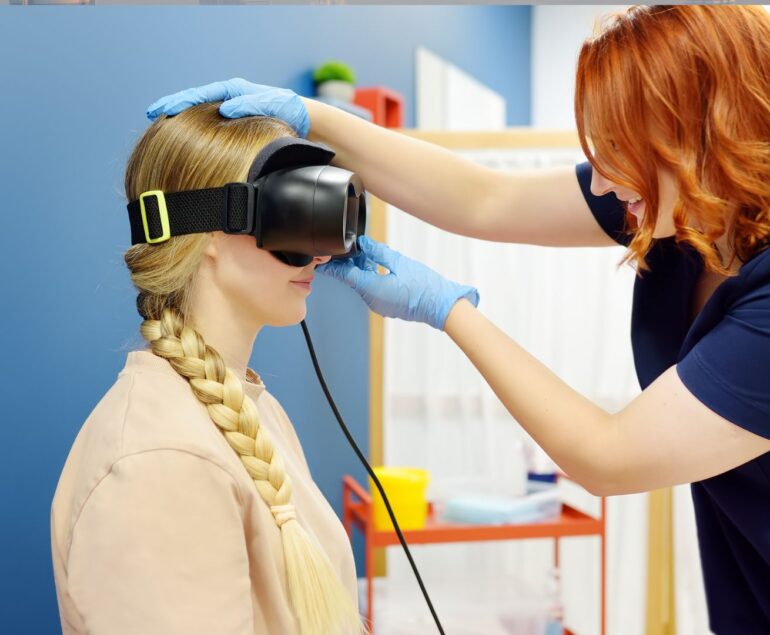In recent years, cochlear implant technology has undergone remarkable advancements, reshaping the landscape of treatment for individuals with varying degrees of hearing loss. These cutting-edge devices have significantly improved auditory experiences and quality of life for countless people worldwide.
The Evolution of Cochlear Implants:
- Enhanced Speech Perception: Modern cochlear implants boast sophisticated sound processing, enabling improved speech understanding even in challenging environments. This advancement has revolutionized communication abilities for users.
- Wireless Connectivity: Incorporation of wireless technology allows direct streaming of audio from smartphones, TVs, and computers to the implant processor. This feature enhances convenience and accessibility for users.
- Sleeker and Smaller Designs: Ongoing innovations have led to smaller and more discreet implant designs, enhancing comfort and reducing visibility.
- Increased Durability and Longevity: Recent developments have significantly improved the durability and lifespan of cochlear implants, reducing the need for frequent replacements and enhancing reliability.
- Integration with Smart Technology: Many modern implants seamlessly integrate with smartphone apps, empowering users to personalize settings, monitor device performance, and access additional features effortlessly.
Impact on Hearing Impairment Treatment:
- Restoration of Auditory Sensation: Cochlear implants bypass damaged portions of the inner ear, directly stimulating the auditory nerve to restore a sense of sound perception.
- Enhanced Communication Abilities: Users experience substantial improvements in their ability to understand speech, thereby enhancing communication, educational opportunities, and overall quality of life.
- Improved Social Integration: Cochlear implants enable users to engage more fully in social interactions, fostering a sense of inclusion and reducing social isolation associated with hearing impairment.
Future Directions and Promise:
- Advances in Sound Processing: Ongoing research focuses on refining sound processing algorithms to further enhance speech perception and sound quality.
- Biocompatible Materials and Implant Design: Continuous improvements aim to make implants more biocompatible, durable, and compatible with the human body for long-term use.
- Accessibility and Affordability: Efforts are underway to improve access to cochlear implants, making this transformative technology more accessible to a broader population.
Conclusion:
The continuous evolution of cochlear implant technology has significantly improved the lives of individuals with hearing impairment, offering renewed hope and opportunities for a world of richer auditory experiences. These advancements underscore the transformative power of technology in enhancing the quality of life for those affected by hearing loss, marking a promising future for further innovations in this field.
About Author:
Dr. Vivek Kumar Pathak: Renowned ENT Surgeon, Senior Professor, and Founder.
Dr. Pathak, ENT surgeon at Kailash Hospital, Senior ENT Professor at Sharda University, and founder of Entegrity Care, brings expertise and innovation to healthcare. Discover the visionary behind Doxtreat Healthcare, shaping the future of ENT care.
Website www.drvivekpathak.com
Call +917838450942
WhatsApp +91 78384 50942
Book an appointment with Dr. Vivek kumar Pathak by filling the form.


